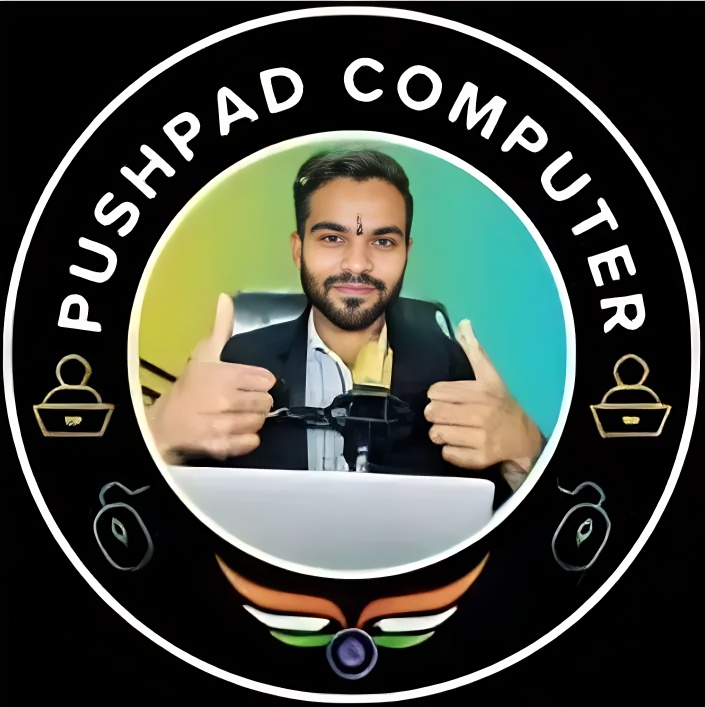C Language Syllabus
C language syllabus
The C language syllabus can vary depending on the course or institution, but a general syllabus covers the following topics:
1. Introduction to C
History and Features of C
Structure of a C Program
Compiling and Executing a C Program
2. Basics of C
Keywords and Identifiers
Constants, Variables, and Data Types
Operators and Expressions
Input and Output Functions (
printf,scanf)
3. Control Statements
Decision Making (
if,if-else,switch-case)Looping (
for,while,do-while)Jump Statements (
break,continue,goto)
4. Functions in C
Function Definition, Declaration, and Call
Recursion
Storage Classes (auto, static, extern, register)
5. Arrays and Strings
One-Dimensional and Multi-Dimensional Arrays
String Handling (
strlen,strcpy,strcmp, etc.)
6. Pointers
Basics of Pointers
Pointer Arithmetic
Pointers and Arrays
Pointers to Functions
7. Structures and Unions
Defining and Using Structures
Arrays of Structures
Nested Structures
Unions
8. File Handling
File Operations (
fopen,fclose,fread,fwrite, etc.)File Pointers
Error Handling in File Operations
9. Dynamic Memory Allocation
malloc(),calloc(),realloc(),free()
10. Preprocessor Directives
Macros and
#defineHeader Files
Conditional Compilation
11. Advanced Topics (Optional)
Bitwise Operators
Command Line Arguments
Linked Lists
Data Structures (Stacks, Queues, Trees)


